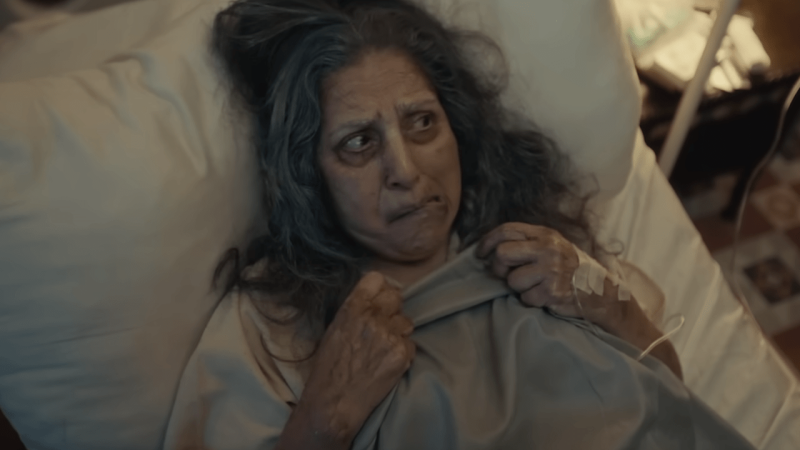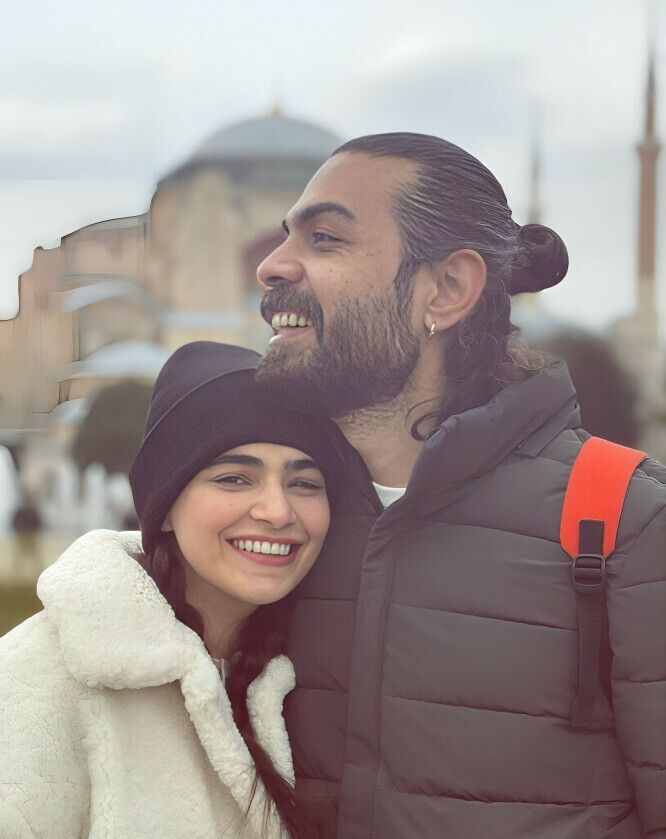Film review: ‘Jazbaa’ gives Irrfan yet another chance to steal the show
Jazbaa roots its pulpy premise in the rising spate of crimes against women, but there is never any danger of taking a movie too seriously if it bathes its characters in jaundice-yellow light and re-imagines the colour of the sky as swamp-green.
In further experiments with the colour schemata, lead actor Aishwarya Rai Bachchan’s ruby-tinged eyes match the filters that alternate with the aforementioned yellows to create a vivid yet unreal visual effect usually seen in Hong Kong films.
Jazbaa’s origins lie further eastwards. Director Sanjay Gupta’s passion for borrowed cinema has resulted in a string of direct lifts from foreign productions. Kaante was a remake of Reservoir Dogs, Musafir of U Turn, Zinda lifted from Oldboy.
Jazbaa is that rare thing in Gupta’s filmography – an official remake of Korean hit Seven Days, in which a hotshot lawyer is forced to defend a rapist and murderer on the orders of a mysterious man who has kidnapped her daughter. Together with a rogue cop who is an old friend, the lawyer scrambles around for clues to let her client off the hook even as the kidnapper dangles the possibility of her daughter’s dismemberment and death.
Like many Korean crime thrillers, Seven Days has all the depth of an amusement park thrill ride, but it bumps along on the strength of smart performances and visual flourishes. The jittery camerawork and nervous breakdown-level editing might test the eyes, but they create a sense of tension that is not always backed up by the writing. The contrivances and twists are belted out strictly for distraction rather than narrative coherence, and the plot reserves its biggest twist for the climax, which is so nonsensical that a Bollywood remake is hardly surprising.
Face the truth

The 122-minute Hindi version stays mostly faithful to the original, but perilously introduces a love angle between Anuradha and Yohaan because, unlike Korean men, an Indian man will never help a woman who is not his wife, sister or mother unless he wants in return.
Anuradha, however, is as unmoved by Yohaan’s flirtations as she is by the hourly revelations and flip-flops by key characters. Designed as a comeback vehicle for Rai Bachchan, Jazbaa only underlines the actor’s inability to rearrange her perfect features to suggest complex emotions.
An old-fashioned movie star with tremendous screen presence but limited dramatic heft, Rai Bachchan isn’t quite the person to play an ordinary woman who is in danger of losing her sanity over her daughter Sanaya. The story requires Anuradha to dance on a knife’s edge throughout, but Rai Bachchan’s innate reserve prevents her from opening up beyond widening her permanently red-ribboned eyes.
She does wail and weep for Sanaya in a sequence destined to become a favourite among Bollywood spoof artists. Upon spotting her daughter being driven away by the kidnapper, Anuradha runs towards the vehicle, falls to the ground, and claws the dirt in despair, all in slow motion and washed in swamp-green tones.
Stealing the show

Moving? Not quite. Schlocky? Of course.
Rai Bachchan’s co-star is far more skilled at mugging. Irrfan has made it a habit of playing a hard-bitten cop, but he also has the ability to make the role work each time for him. He munches on Kamlesh Pandey’s entertaining dialogue as though it were a gourmet dish, and walks away with the claps and whistles.
When a potential witness complains about being kicked around and demands that his rights be respected, Yohaan growls, “India and rights! You are watching too much Hollywood!”
Sanjay Gupta reins in his over-the-top tendencies and creates a protective ensemble cast around Rai Bachchan, including Chandan Roy Sanyal’s rapist, Siddhanth Kapoor’s drug addict, Jackie Shroff’s mysterious politician, and Shabana Azmi as the rape victim’s tight-and righteous jawed mother.
Most of the flamboyance is distilled into the cinematography, and veteran lensman Sameer Arya has a whale of a time suggesting that Mumbai resembles Hong Kong or Seoul. The movie loses momentum after the interval and the contradictions pile up as in a train wreck, but there is always a scorchingly lit corner in a never before-seen shade of yellow or green to gaze upon.
This article originally appeared on Scroll.in and has been reproduced with permission.













Comments